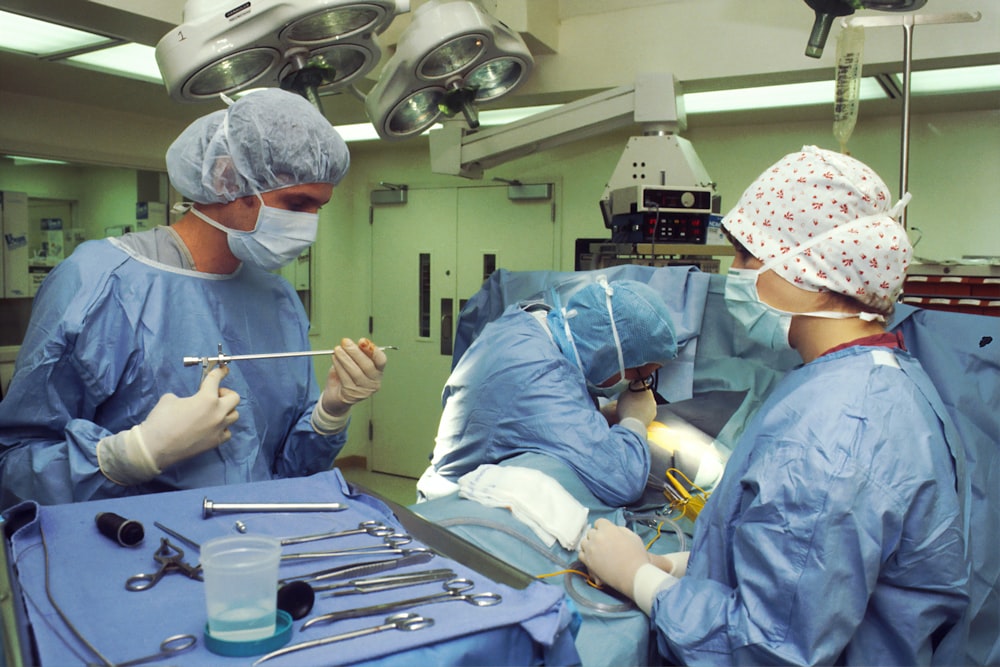For my community connection interview, I chose to interview Brent, who is a registered nurse; specifically a PACU (post-anesthesia care unit) nurse. I’m interested in working in the medical field, possibly as a nurse, surgeon, or doctor, so interviewing a PACU nurse was a good choice for me since they are treating patients after surgery.

A typical PACU nurse’s responsibilities are to make sure that a patient is safe after being under anesthesia and that they get adequate care after waking up from a surgery. The nurses must make sure that the patient becomes conscious and has stable health before being discharged from the hospital. They are an important part of helping patients recover, and PACU nurses are especially needed during the COVID-19 pandemic, where their specialty training is essential to treating patients with COVID-19.

As a leader in the PACU unit, Brent is in charge of assisting the direct care nurses to make the patients’ stay in the hospital better, and make sure they have the best care possible after receiving their surgeries and anesthesia.
– Interview –

Why are you passionate about your job?
My job lets me help people and makes a positive impact on their lives, and the lives of their loved ones. As a PACU leader, I help elevate the care given to patients after surgery by supporting the direct care nurses.
What obstacles have you faced to get you where you are today?
Finishing my Nursing degree and then my Speciality Nursing degree were my first hurdles to get where I am today. A few other hurdles that I’ve had to go through was becoming a strong PACU nurse at the bedside. After becoming a strong bedside nurse, the next hurdle was learning the hospital dynamics, flow, available resources, and recognizing challenges. A current hurdle is managing and leading nursing staff through staffing shortages, inadequate in-patient beds, the COVID pandemic, and scarce health care funding.
What advice would you pass on to someone interested in what you are doing?
Nursing can be very difficult. One rewarding part of the job is knowing you’re making a difference in someone’s life and a difference in their families lives. Don’t forget to step back during all the chaos and think about how you’re making your patient feel and let that guide your attitude in your job.
What skills are most critical for your job?
Communication. It’s important to be able to ask for help, and offer help when needed. Communicating to others when you need help is very important. Nursing is a team effort, and no one can work and succeed alone.
Was there ever a time where you wanted to give up or doubted your career path?
Yes, there are many times I’ve doubted my career path as a nurse but the beauty of nursing is that there are so many paths nursing can take you. Working in a hospital is not the only nursing pathway. Nursing is diverse; nurses can work in the community, in offices, at schools, and there are many opportunities for travel.
Are you open to further contact from Riverside students, and if so, where can they reach you?
Of course! Just contact 604-719-2410 to reach me!
– Conclusion –
From this interview, I learned that working in the medical field can be a very challenging job, with stressful situations and difficult times, but working through it and developing your skills will make your job worthwhile and enjoyable. It helped me realize that being a nurse or surgeon is a fitting career path for me because my passions lie within this job, such as science, learning new things, and helping people. The roles that PACU nurses play are crucial to our lives, so this is definitely a potential career path for me!

– Sources –
https://unsplash.com/photos/ignxm3E1Rg4
https://unsplash.com/photos/1K8pIbIrhkQ
https://unsplash.com/photos/Pd4lRfKo16U
https://unsplash.com/photos/yGUuMIqjIrU
https://unsplash.com/photos/c6rgP7K5rXc
https://unsplash.com/photos/pOLZSQ71hc0














